Frulloni L, Gabbrielli A, Pezzilli R, Zerbi A, Cavestro GM, Marotta F, Falconi M, Gaia E, Uomo G, Maringhini A, Mutignani M, Maisonneuve P, Di Carlo V, Cavallini G; PanCroInfAISP Study Group.Dig Liver Dis. 2009 Apr;41(4):311-7. Epub 2008 Dec 20.PMID: 19097829
Abstract
Background: No data on chronic pancreatitis in Italy are available yet.
Aim: To evaluate demographic, clinical, diagnostic and therapeutic aspects in patients suffering from chronic pancreatitis.
Patients and methods: Eligible patients were prospectively enrolled from 2000 to 2005. Information concerning demographic data, lifestyle risk factors, family and clinical history, associated factors (alcohol, autoimmunity, cystic dystrophy of the duodenal wall, obstruction, genetic mutations) concomitant diseases, diagnostic findings, and pharmacological, endoscopic and surgical therapy were gathered.
Results: 893 patients (74% males, mean age 53.7+/-15.2 years) were evaluated. 519/859 patients (60%) were drinkers and 555/840 (66%) were smokers. A strong positive correlation between drinking and cigarette consumption (R=0.53; p<0.0001) was found. Heavy alcohol consumption (>80g of alcohol/day for more than 5 years) was considered the most important risk factor in 300 patients (34%), obstruction in 238 (27%), alcohol and obstruction in 82 (9%), autoimmunity in 34 (4%), cystic dystrophy of the duodenal wall/groove pancreatitis in 55 (6%), gene mutations in 36 (4%), and none (idiopathic) in 148 (17%). Bile stones were diagnosed in 287 patients (33%) and cholecystectomy was performed in 329 patients (38%). Pancreatic calcifications were diagnosed in 547/879 patients (62%). Pancreatic surgery was performed in 273 patients (31%). Endoscopic sphincterotomy was performed in 371 patients (42%). Exocrine and endocrine insufficiency were found, respectively, in 373/834 (45%) and 275/885 patients (31%).
Conclusions: An unexpected low frequency of alcohol abuse and new emerging associated risk factors for chronic pancreatitis were observed in Italy.
 Alberto Maringhini
Alberto Maringhini
 Alberto Maringhini
Alberto Maringhini
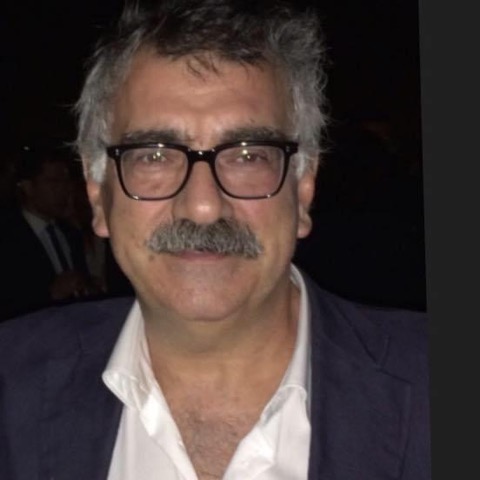
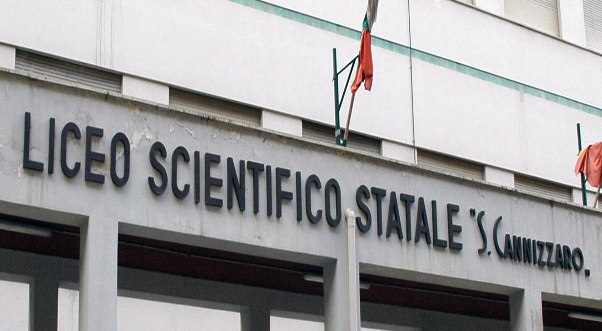
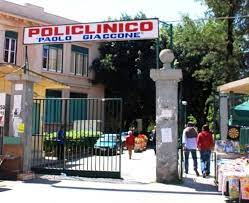

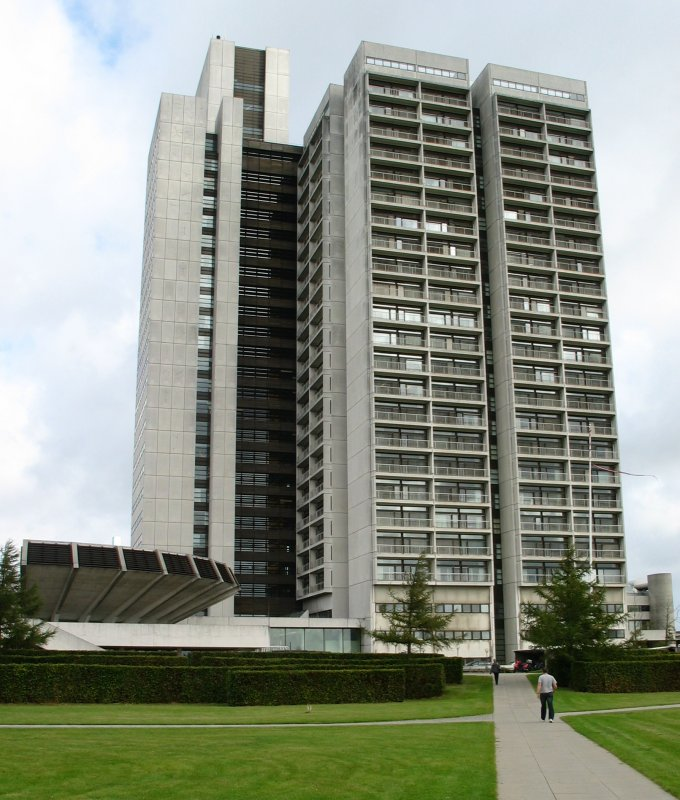
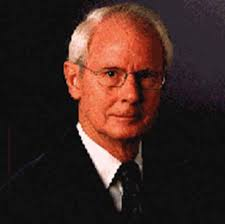
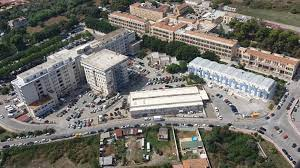
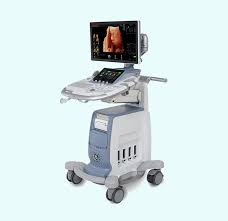
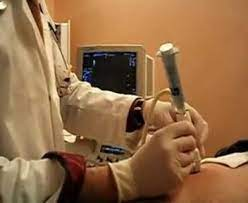
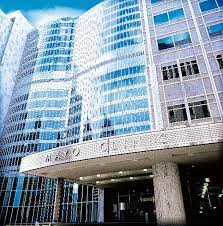


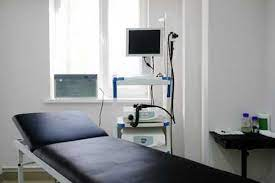


Condividi su